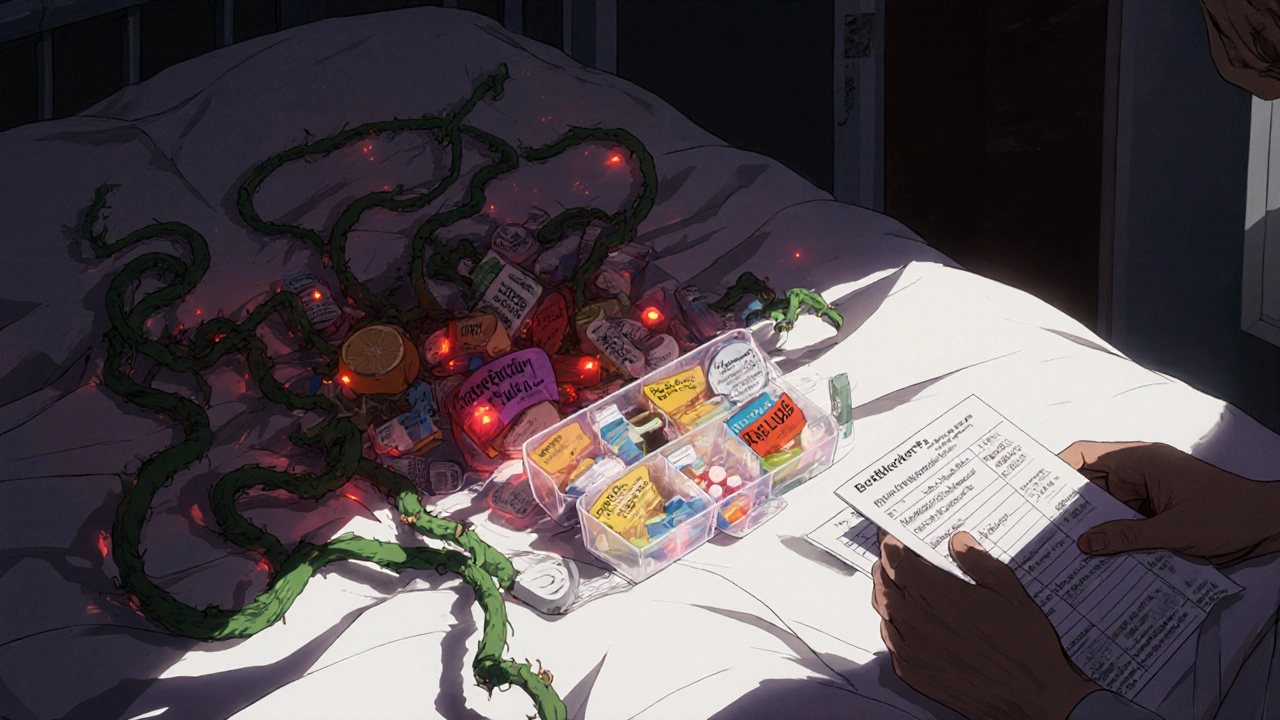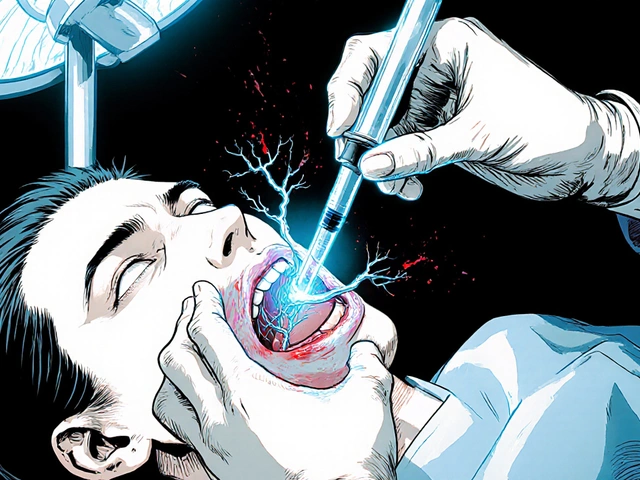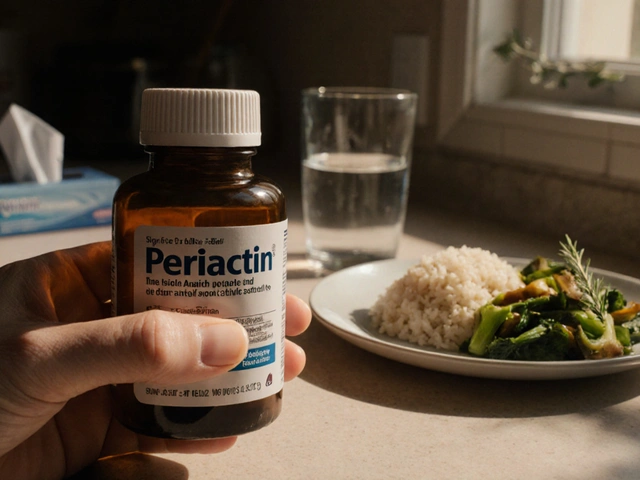Blood Pressure Drug Interactions: What You Need to Know
When you take a blood pressure drug, a medication designed to lower elevated arterial pressure and reduce risk of heart attack or stroke. Also known as antihypertensive medication, it works by relaxing blood vessels, reducing fluid volume, or slowing heart rate. But these drugs don’t work in isolation—many can clash dangerously with other pills, herbs, or even common foods.
Take beta-blockers, a class of blood pressure drugs that slow heart rate and reduce cardiac output. Also known as beta-adrenergic blocking agents, they’re commonly prescribed as Lopressor or Metoprolol. But if you’re also taking cold medicine with pseudoephedrine, or certain antidepressants, your heart rate could drop too low—or your blood pressure could spike unpredictably. Or consider ACE inhibitors, medications that block a hormone causing blood vessels to narrow. Also known as angiotensin-converting enzyme inhibitors, they’re often used with diuretics. But if you add potassium supplements or salt substitutes, you risk life-threatening high potassium levels. Even something as simple as grapefruit juice can interfere with calcium channel blockers like amlodipine, making them too strong and increasing your risk of dizziness or fainting.
Herbal supplements aren’t safe just because they’re natural. Goldenseal, a popular herbal remedy often used for colds or infections. Also known as Hydrastis canadensis, it can shut down liver enzymes that break down blood pressure meds, causing them to build up to toxic levels. The same goes for St. John’s Wort, which can make your blood pressure drug less effective. And don’t forget over-the-counter painkillers like ibuprofen—they can undo the benefits of your blood pressure medication by causing fluid retention and raising pressure again.
These aren’t rare edge cases. Studies show nearly half of adults on blood pressure meds take at least one other drug that could interact with it. The risk goes up with age, multiple prescriptions, or if you’re managing conditions like diabetes or kidney disease. The problem isn’t the drugs themselves—it’s the lack of awareness. Many people don’t tell their doctor about the supplements they take, or assume OTC meds are harmless alongside prescriptions.
That’s why knowing your specific blood pressure drug and what it interacts with matters more than you think. A simple switch—from one beta-blocker to another, or from a diuretic to an ARB—can make a big difference. So can timing: taking your pill with food, or avoiding certain drinks, might prevent a bad reaction. This collection of posts gives you real examples: how Lopressor interacts with other heart meds, how goldenseal sabotages liver processing, how antihistamines can worsen dizziness when paired with blood pressure drugs. You’ll find clear comparisons, warning signs to watch for, and practical steps to avoid harm.

Combining Multiple Heart Medications: Safe and Unsafe Drug Combinations
Combining heart medications can save lives-or end them. Learn which drug combinations are dangerous, how to spot hidden risks like grapefruit juice and alcohol, and what steps to take to protect your heart from deadly interactions.




